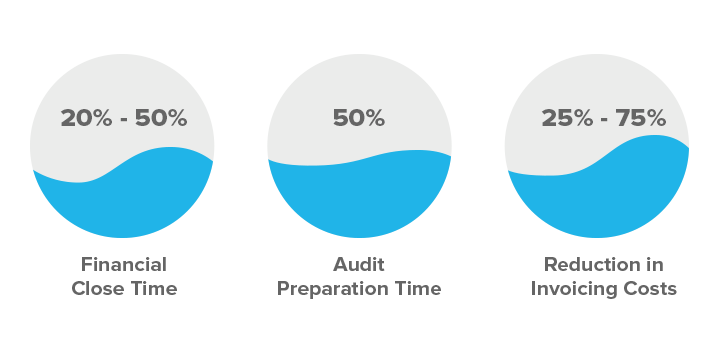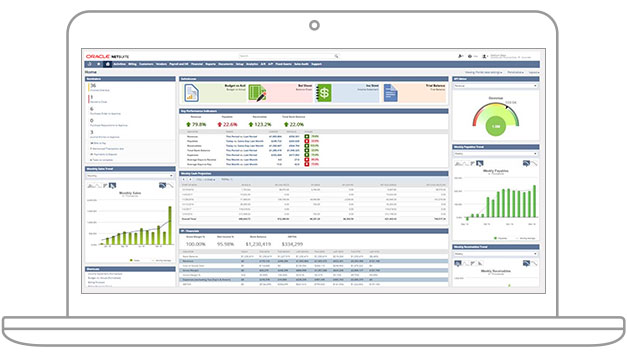Private Equity-Backed Companies
NetSuite for Private Equity-Backed Companies
Private equity-backed companies are often in the throes changing organizational structures. Whether experiencing global expansion or M&A restructuring, NetSuite’s robust platform can help investor-backed companies navigate even the most complex growth obstacles by delivering value at every stage.
Drive Toward Exit with NetSuite
NetSuite understands that private equity-backed companies come in every variety. Moreover, PE-backed companies must stay agile and need a platform that can support change and restructuring. Serving 13 different industries over 20 years, NetSuite is the only cloud-based solution equipped to support even the most complex business structures. Discover the features that make NetSuite the leading cloud-based solution for complex businesses:
Optimum Financial Visibility
NetSuite is committed to offering PE-backed companies migrating out of simple systems the ability to tackle all their financial challenges. Leverage what NetSuite has learned from working with thousands of companies across all industries with a customizable platform tailored to the needs of your business. Manage all aspects of your business in a single cloud-based system equipped with leading practices including financial and item management, procure-to-pay and order-to-cash.
Business Intelligence
Access 95+ pre-built reports and pre-configured real-time dashboards with NetSuite. Business intelligence developed by people in roles like yours allow users to see the data, metrics and KPIs specific to their role in real time. Create saved searches and custom reports to conduct complex data analytics tasks with ease ensuring that your business is engaging with the mission critical information needed to drive positive change.
Global Expansion
Modern businesses must be data driven and respond to changing market dynamics quickly to be able to reach new global markets. NetSuite OneWorld offers a global business management platform delivering real-time visibility, global ecommerce, resources planning and business intelligence for portfolio companies that manage multinational and multi-subsidiary operations.
Resources for Agility and Control
SuiteSuccess for Financials
NetSuite realizes that PE-backed companies need the financial reporting capability to stay agile in the face of restructuring and massive change. With SuiteSuccess companies can be up and running on a single cloud-based financial solution in as little as 100 days. Expedite daily financial transactions, accelerate the financial close and gain real-time visibility into the financial performance of the business from a consolidated level down to the individual transaction.
Dedicated Private Equity Team
NetSuite’s Private Equity Practice provides firms and their portfolio companies a consistent buying experience, preferred pricing and centralized communication ensuring PE-backed companies experience repeatable success. In addition to your account team, the dedicated Private Equity Practice is an additional level of support and escalation to help liaison within NetSuite to connect you with the right resources at the right time in the customer lifecycle.
Customization and Platform Flexibility
NetSuite’s flexible, agile and scalable solution empowers private equity-backed companies to modernize and transform their business. Complex companies are equipped with a modern, cloud-based solution geared for innovation and business transformation. No matter what stage you are in the lifecycle of your business, NetSuite’s solution provides the tools necessary to execute on a collective vision and scale toward exit.
NetSuite Customers See Greater ROI
Reduced by up to

































